Does vodka kill weeds? Try this household hack for weed removal
Find out if vodka really kills weeds with these experts' findings
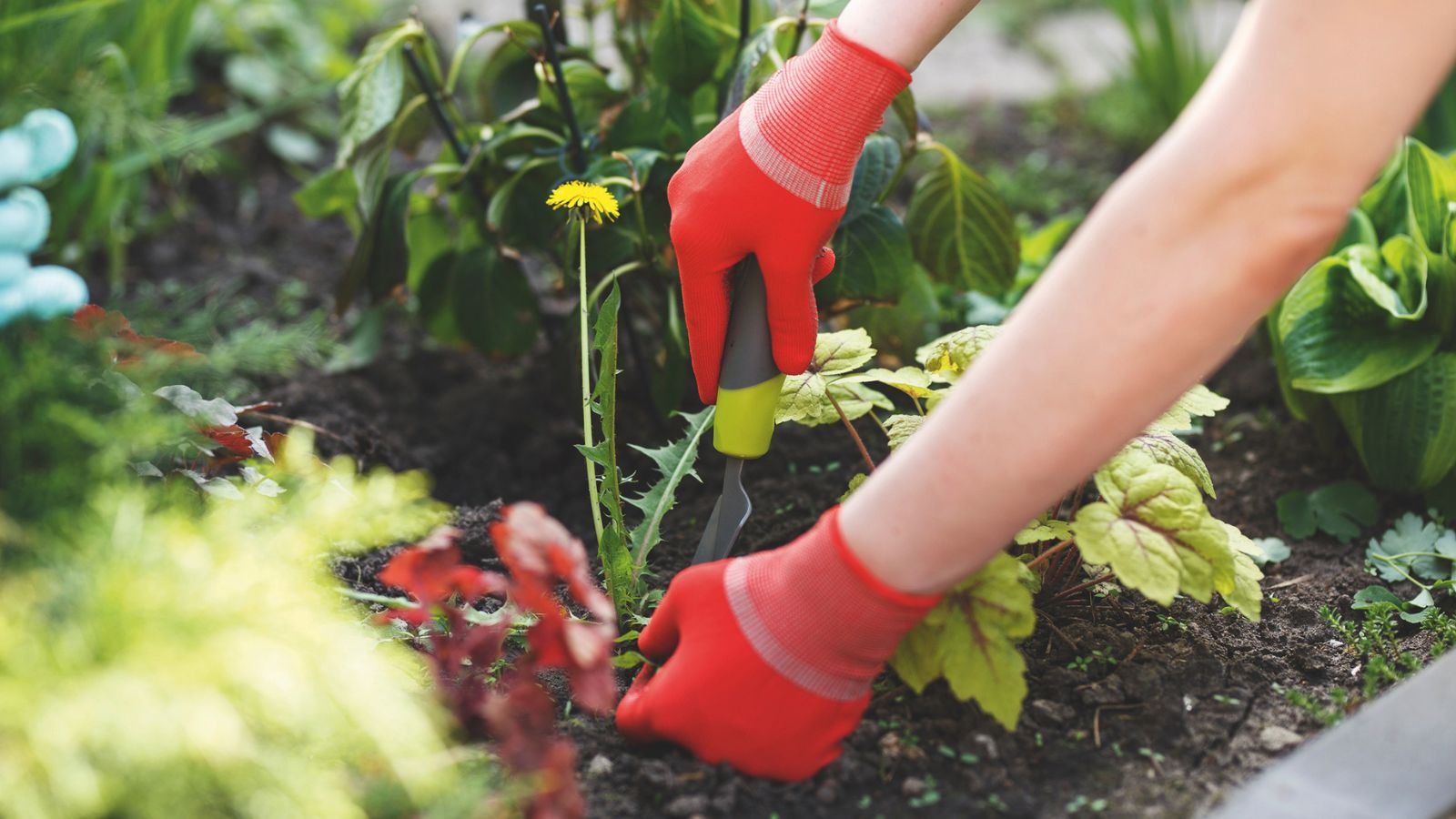

When it comes to achieving the perfect lawn, weeds often stand in the way. With household hacks and tips becoming more popular amongst gardeners who want to avoid chemicals and use what they already have, some have been asking if vodka really does kill weeds.
When it comes to getting rid of weeds, a number of household hacks already exist, from using salt to kill weeds to using cardboard for weed control. Using vodka to kill weeds is certainly out there, and perhaps a little expensive. But does it work?
Here, we have spoken to gardening experts for their opinions on using vodka to kill weeds so you can treat your garden.
Does vodka kill weeds?
Surprisingly, vodka can be used to kill weeds efficiently. ‘While it’s a bit unusual and may seem like a waste of perfectly good alcohol, clear spirits are a common pantry staple that can help remove weeds from your lawn. Dilute your tipple of choice (we’d recommend vodka or gin) with water and spray it onto the problem area,’ says Carlos Real, lawn care expert at Total Lawn.
‘Vodka can be used in place of herbicides to kill broad-leaf weeds, such as dandelions,’ explains Jen McDonald, a certified organic garden specialist and co-founder of Garden Girls, a garden design company based in Houston. ‘A garden cocktail consisting of one-ounce vodka, two cups of water, and a few drops of Castile dish soap will do the trick. Serve it up in a spray bottle and apply directly to weeds on a sunny day. The vodka and sunlight will scorch the weeds, making them easier to pull within a few days.’
Why is vodka an effective way to kill weeds?
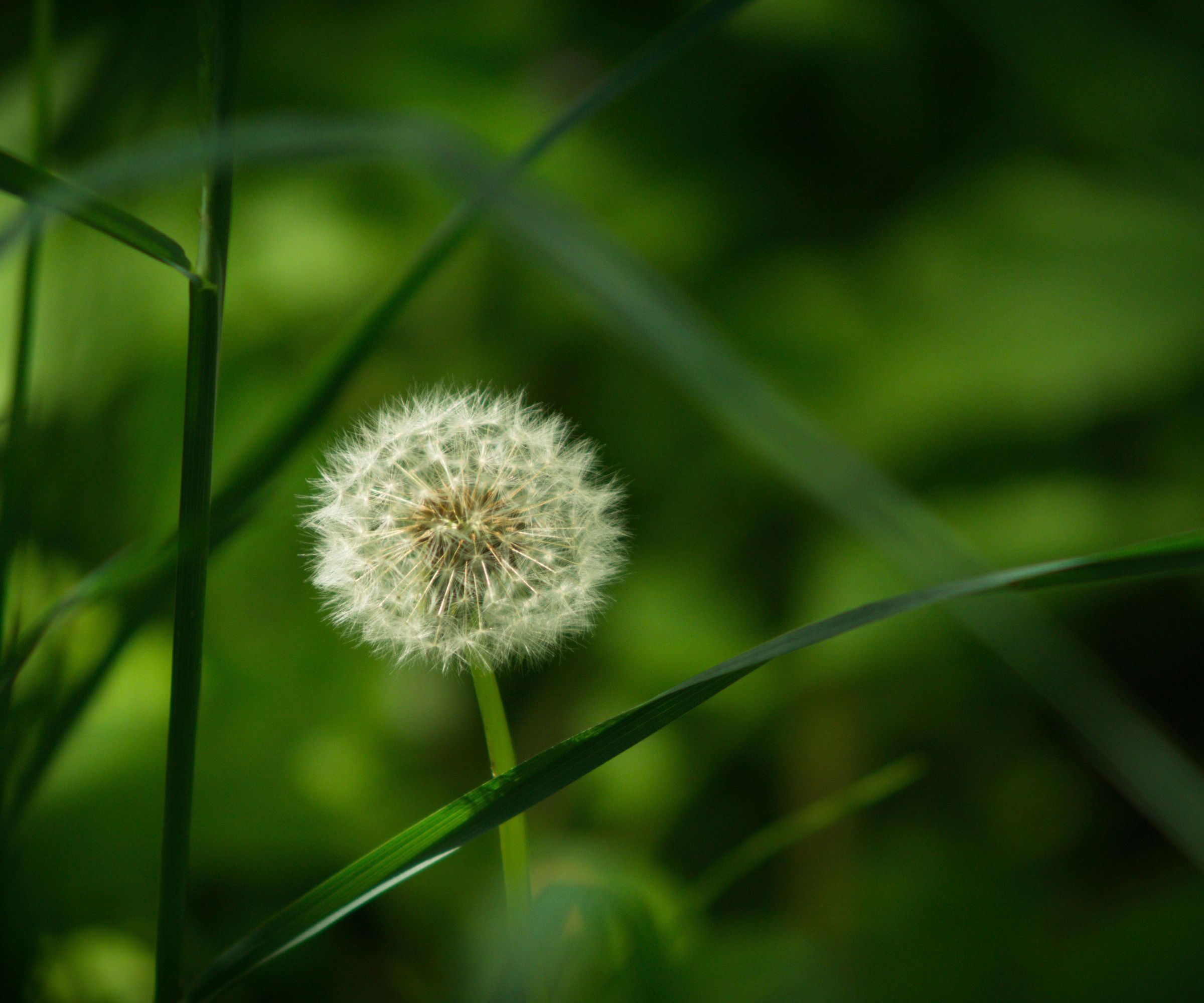
‘Alternative weed control is something I teach my clients, and there are several excellent methods, one being the use of vodka,’ Liz Will, certified garden coach and garden consultant, and founder of Learn to Grow Gardens concurs. ‘The vodka mixture will remove the waxy, protective coating from the surface of the weeds, allowing the sunlight to penetrate and dry out the leaves, effectively killing the plant.’
Using vodka may not be the most ideal way to make a lawn green and thick, however, warns Liz. ‘This spray is non-selective, which means it will kill any plants it comes in contact with. Care should be taken to protect nearby plants or grass.’
How to use vodka against weeds and protect my plants?
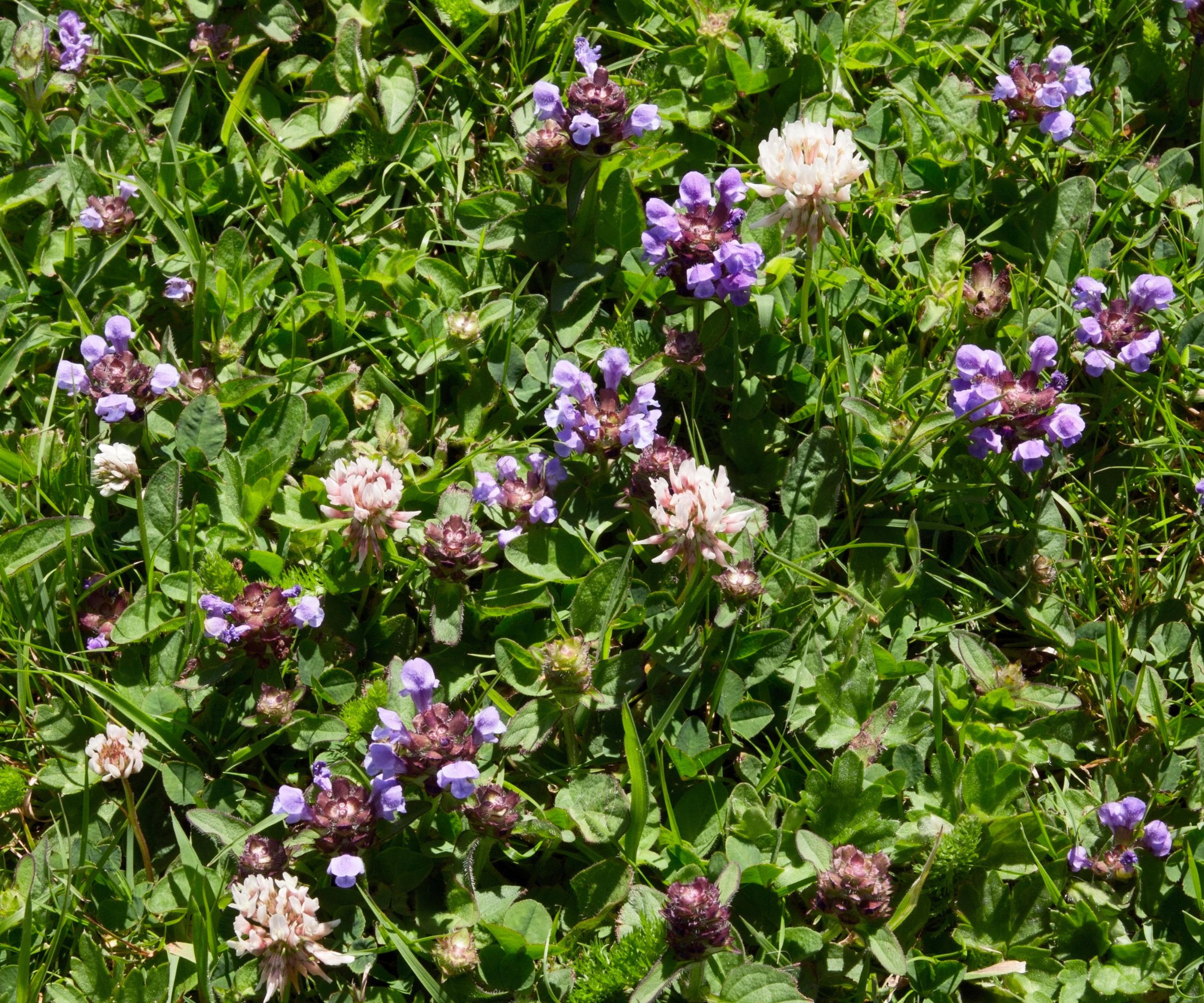
‘As for using vodka directly in your grass or garden bed, without harming surrounding grass or flowers, the mixture can be painted onto weeds with a small brush,’ suggests Liz Will, certified garden coach and garden consultant, and founder of Learn to Grow Gardens. ‘This method works especially well for broadleaf weeds on the lawn, like dandelions and plantain. Painting the mixture on will keep it from drifting onto nearby grass and plants and causing them to dry out and wither, as well.’
Because of the delicate approach needed, using vodka on weeds in grass such as getting rid of crabgrass is not recommended due to the heightened possibility of it affecting the plant matter around it.
Because of its damaging effects, vodka may be used to get rid of weeds from pavers with ease as it will not damage the stone.
What kills weeds permanently?
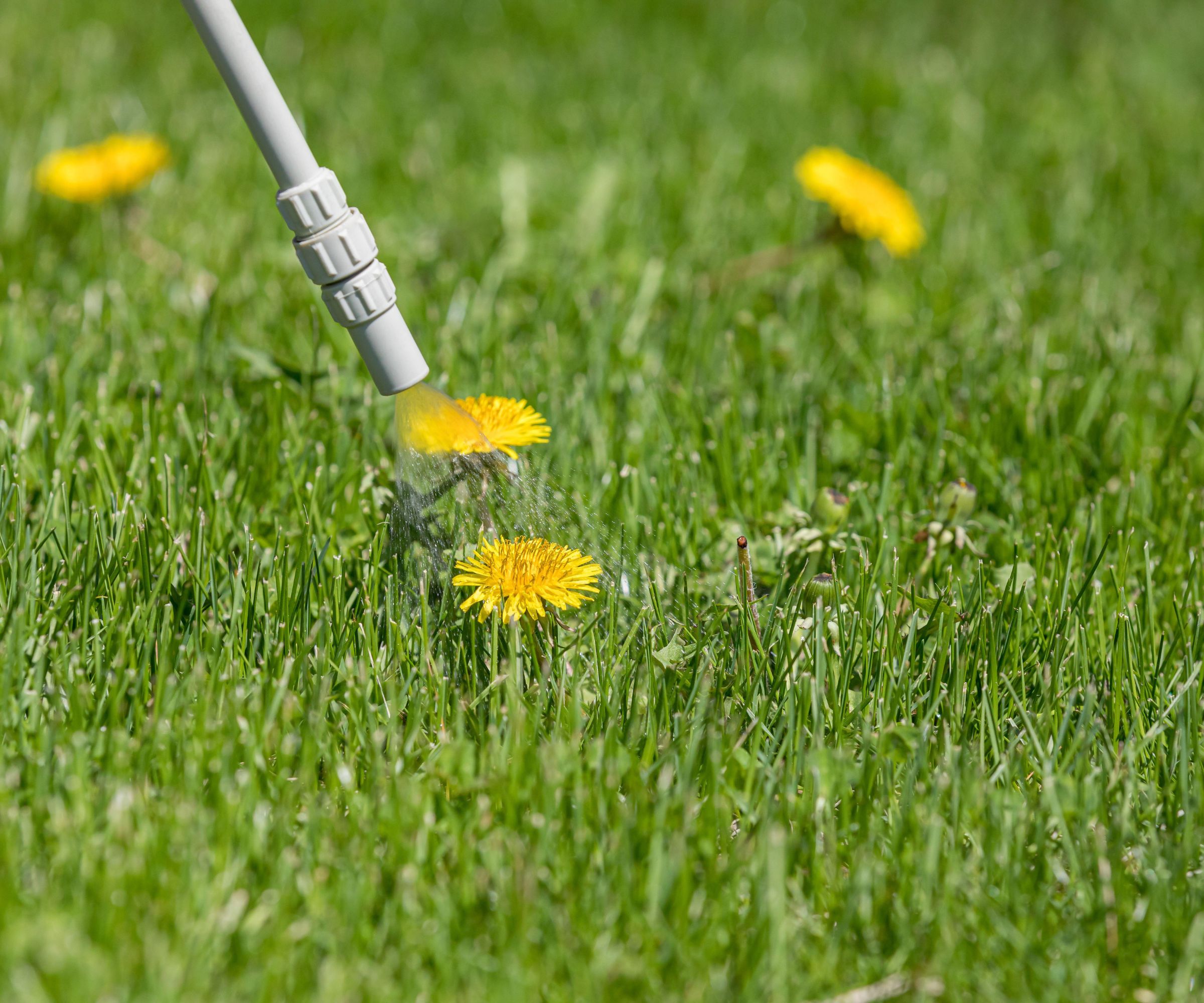
‘An alternative to using vodka would be industrial strength white vinegar, which can be found in any home improvement store,’ recommends Liz Will, certified garden coach and garden consultant, and founder of Learn to Grow Gardens. ‘Look for 20% acetic acid. It can be used interchangeably with vodka.'
Consider making a weed killer from vinegar and Epsom salts for the ultimate weed-killing concoction at home.
‘As for selective weed killers that can be sprayed on lawns and weeds simultaneously, without harming the grass, there are not many options and many can require multiple applications to completely eradicate weeds. Otherwise, you will end up with patches in grass.
‘In order to kill weeds without harming the grass, I recommend seeking out the most organic methods possible,’ continues Jen McDonald, a certified organic garden specialist and co-founder of Garden Girls. ‘Children, pets, and herbicides just don’t mix! Rather than using chemicals, look to corn gluten meal. Not only is corn gluten meal safe for use around animals and humans, it gives your lawn and nearby plants a boost in nitrogen, which improves soil health. It also prevents new weeds from germinating.’
‘Your best bet is prevention, and then early intervention when weeds are still young,’ Liz adds.
Will alcohol kill weeds?
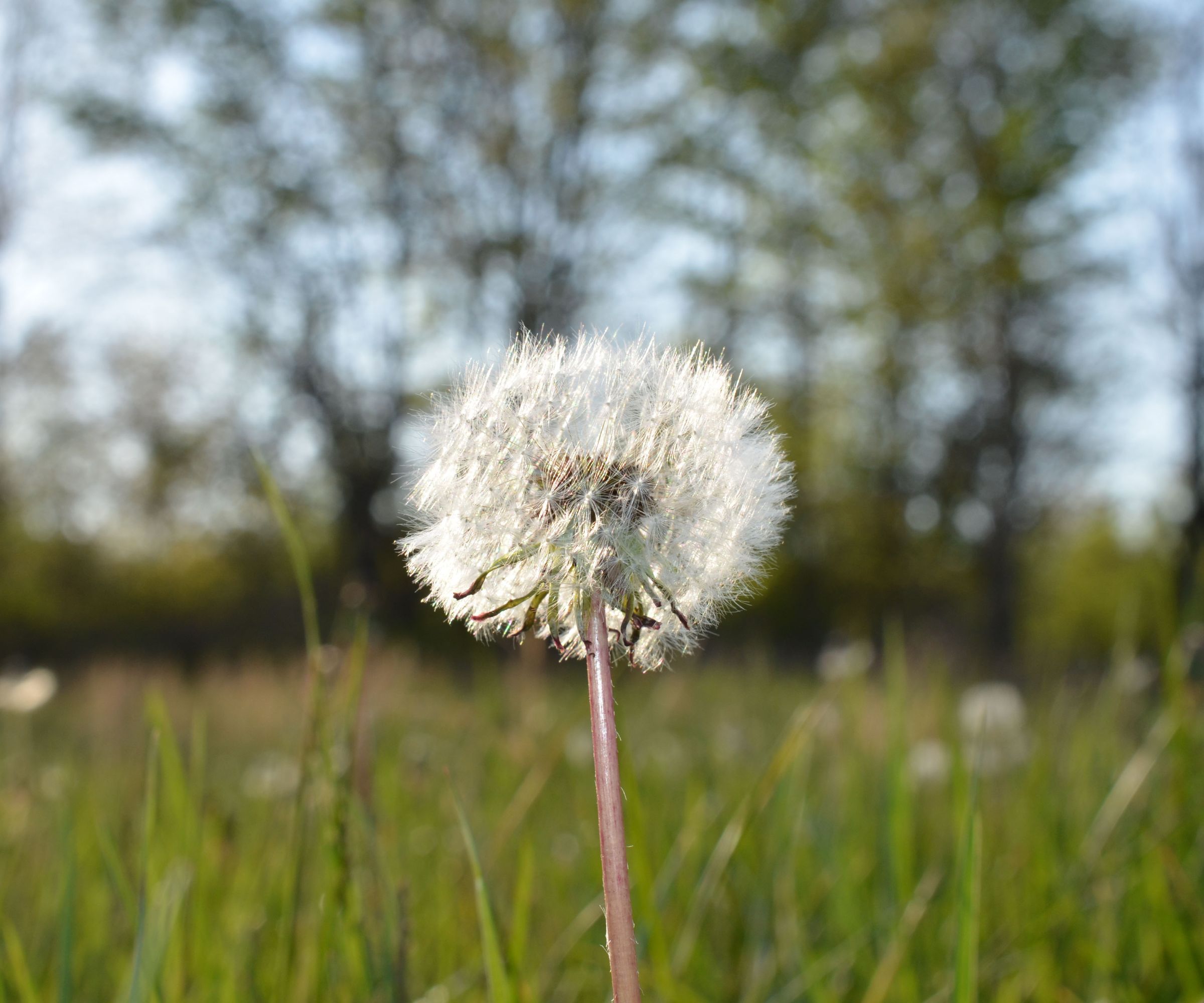
Alcohol will kill weeds, but ‘the best preventative method is to keep your lawn healthy and well maintained,’ explains Carlos Real, lawn care expert at Total Lawn. ‘While it won’t stop weeds from growing altogether, a healthy lawn will be more aggressive when fighting off weeds – the grass is very competitive and will overpower weeds all on its own most of the time.’
‘Feeding, aerating, and scarifying your grass will help it to continue to grow healthily, and you can maintain this health by mowing, feeding, and watering it regularly. As soon as you spot a weed, pull it out!’
One of the most common household tips for preventing weeds is putting sugar on your lawn. The sweetness of the sugar encourages microbe development in the soil which enriches the lawn and prevents weed roots from getting a hold of your soil.
What is the strongest way to kill weeds?
One of the strongest and most effective natural ways to kill weeds is using a mixture of white vinegar, salt, and liquid dish soap. These ingredients are common pest control products that can be used safely in your garden without damaging the ecosystem.
This solution works due to the acidic nature of the salt and vinegar which work in tandem to dry out and kill the plant's roots, removing the weed from your garden.
Sign up to the Homes & Gardens newsletter
Design expertise in your inbox – from inspiring decorating ideas and beautiful celebrity homes to practical gardening advice and shopping round-ups.

Chiana has been at Homes & Gardens for two years and is our resident 'queen' of non-toxic living. She spends most of her time producing content for the Solved section of the website, helping readers get the most out of their homes through clever decluttering, cleaning, and tidying tips. She was named one of Fixr's top home improvement journalists in 2024.
-
 Kris Jenner's favorite air fryer, the Ninja Crispi, is the perfect small kitchen solution – it deserves a place on the most compact of countertops
Kris Jenner's favorite air fryer, the Ninja Crispi, is the perfect small kitchen solution – it deserves a place on the most compact of countertopsKris approves of this compact yet powerful air fryer, and so do our own kitchen appliance experts, praising it for its multifunctionality
By Hannah Ziegler Published
-
 Ina Garten's storage pantry is an insightful window into all of the best cookware used by the chef – and it's easy to recreate on your kitchen shelves from $48
Ina Garten's storage pantry is an insightful window into all of the best cookware used by the chef – and it's easy to recreate on your kitchen shelves from $48The beautiful dishware in The Barefoot Contessa's Hamptons pantry showcases the tools she uses most often to cook – this is exactly how you replicate it
By Sophie Edwards Published